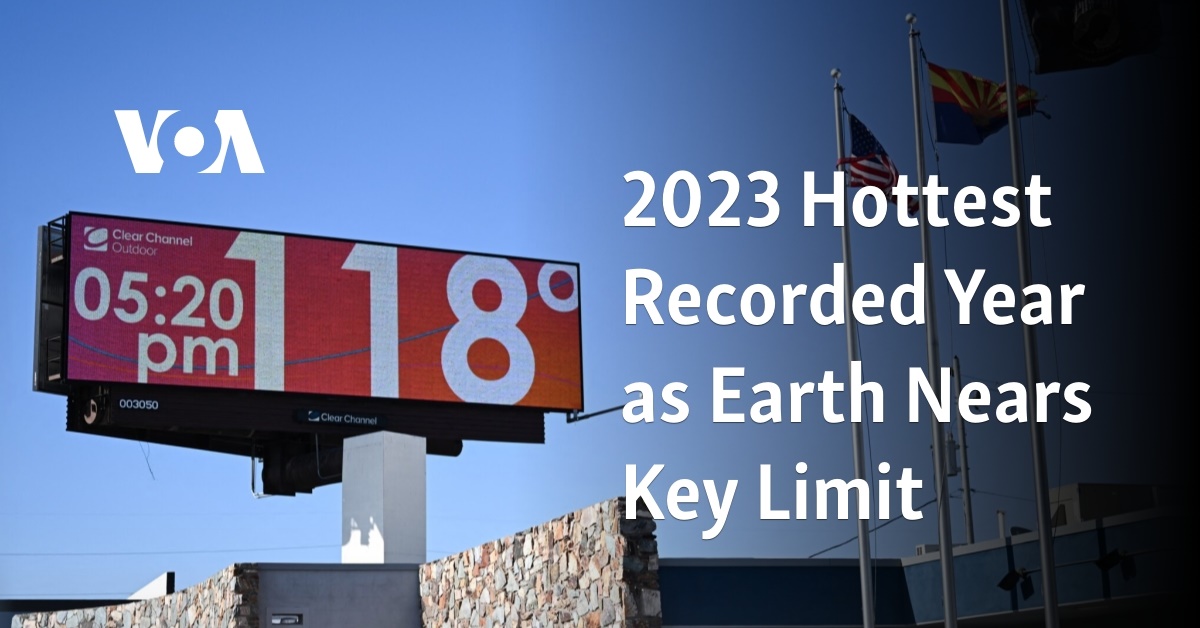
A severe heatwave in the United Arab Emirates has pushed temperatures beyond 50℃, marking an extraordinary peak in the region’s climatic extremes. This unprecedented surge in temperature has prompted immediate health warnings and advisories from meteorological and health authorities across the country.
The heatwave, which began intensifying earlier this week, has led to daily high-temperature records being shattered in several cities, including Dubai and Abu Dhabi. The National Center of Meteorology (NCM) reported that temperatures reached 50.3℃ in some inland areas, exceeding the usual seasonal highs significantly. The high temperatures are attributed to a combination of persistent high-pressure systems and climatic patterns that are exacerbated by global climate change.
Local authorities have been actively addressing the heatwave’s impact on public health. Hospitals and emergency services are on high alert, with increased cases of heatstroke and dehydration being reported. Health officials are urging residents to take necessary precautions, such as avoiding outdoor activities during peak heat hours and staying hydrated. Cooling centers have been established in several municipalities to provide relief to vulnerable populations, including the elderly and those with pre-existing health conditions.
The energy sector is also feeling the strain from the soaring temperatures. There has been a significant rise in electricity demand due to increased use of air conditioning systems. This surge has prompted concerns about potential strain on the power grid, leading to calls for energy conservation measures to prevent outages. Utility companies are closely monitoring the situation and implementing measures to ensure a steady supply of electricity.
The heatwave has also had noticeable effects on the environment. Water bodies in the region are experiencing elevated temperatures, which could impact marine life and exacerbate the ongoing water scarcity issues. Additionally, the high temperatures have contributed to increased air pollution levels, as the combination of heat and stagnant air can lead to the formation of ground-level ozone, which poses health risks and affects air quality.
Meteorologists predict that the extreme temperatures may persist for the foreseeable future, with no immediate relief in sight. The NCM has advised residents to remain vigilant and adhere to safety guidelines as the heatwave continues. The situation underscores the broader issue of climate change, which is increasingly influencing weather patterns and leading to more frequent and severe heatwaves globally.
Efforts to address the impacts of this heatwave are ongoing, with various sectors working together to mitigate the effects on public health, energy supply, and the environment. As the UAE grapples with this intense weather phenomenon, it highlights the urgent need for continued adaptation and resilience strategies in the face of climate-related challenges.





